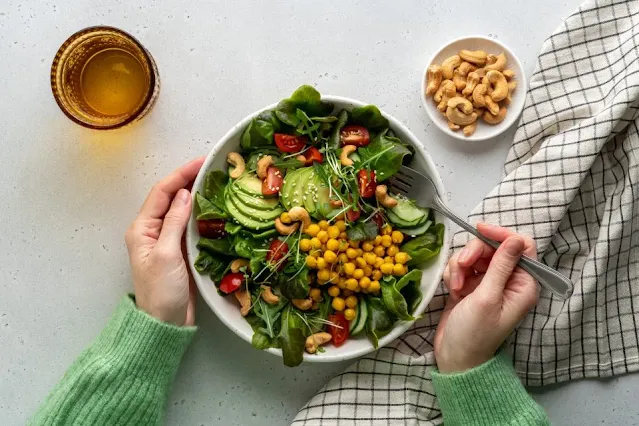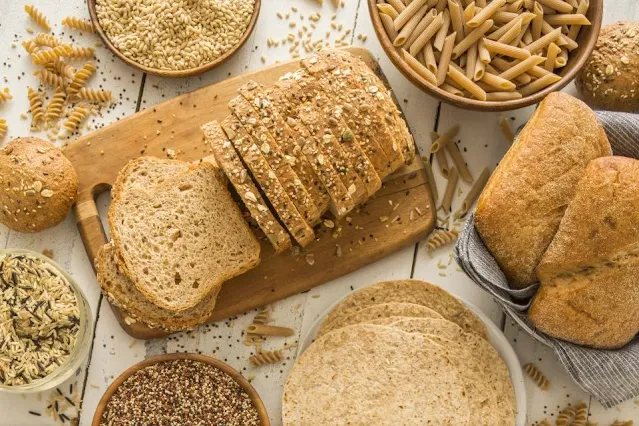Introduction: A Troubling Trend in Younger Generations
Colorectal cancer, once considered a disease of older adults, is now increasingly affecting millennials and Gen Xers. According to the American Cancer Society, adults under 55 are 58% more likely to be diagnosed with colorectal cancer than they were in 1995, with many cases detected at advanced stages. This alarming rise has left researchers scrambling to identify causes—from sedentary lifestyles to processed diets—and underscores the urgent need for prevention strategies.
While genetics and environmental factors play a role, emerging research highlights diet as a critical modifiable risk factor. In this post, we’ll dissect why younger generations are at risk and outline seven foods proven to support colon health, backed by science.
Part 1: Why Are Millennials and Gen Xers Facing Higher Colorectal Cancer Rates?
Several factors contribute to this unsettling trend:
Dietary Shifts: Increased consumption of processed foods, red meat, and sugary drinks, coupled with low fiber intake.
Sedentary Lifestyles: Desk jobs and screen time have reduced physical activity, a known protective factor.
Obesity Epidemic: Excess body fat is linked to chronic inflammation, insulin resistance, and higher cancer risk.
Gut Microbiome Imbalance: Overuse of antibiotics and low-fiber diets may harm beneficial gut bacteria.
Delayed Screening: Younger adults often dismiss symptoms or aren’t prioritized for colonoscopies.
While not all factors are within our control, diet remains a powerful tool for prevention.
Part 2: The Science of Diet and Colon Health
The colon thrives on a diet rich in fiber, antioxidants, and anti-inflammatory compounds. These nutrients:
Promote regular bowel movements, reducing toxin exposure.
Feed beneficial gut bacteria, which produce cancer-fighting compounds.
Neutralize free radicals and reduce inflammation.
Let’s explore the top foods to incorporate into your meals.
Part 3: 7 Foods to Add to Your Diet for Colorectal Cancer Prevention
1. Fiber-Rich Whole Grains and Leguses
Examples: Oats, quinoa, lentils, black beans.
Why They Help: Fiber bulks up stools, speeds waste elimination, and produces short-chain fatty acids (SCFAs) like butyrate during fermentation. SCFAs protect colon cells and reduce inflammation.
Tip: Aim for 25–35g of fiber daily. Swap refined grains for whole-grain alternatives.
2. Cruciferous Vegetables
Examples: Broccoli, kale, Brussels sprouts, cauliflower.
Why They Help: Rich in glucosinolates, which break down into sulforaphane—a compound shown to inhibit tumor growth and detoxify carcinogens.
Tip: Lightly steam or sauté to preserve nutrients.
3. Berries and Antioxidant-Packed Fruits
Examples: Blueberries, raspberries, pomegranates.
Why They Help: High in anthocyanins and ellagic acid, antioxidants that combat oxidative stress and slow cancer cell proliferation.
Tip: Add to smoothies or oatmeal for a daily dose.
4. Fatty Fish High in Omega-3s
Examples: Salmon, mackerel, sardines.
Why They Help: Omega-3 fatty acids reduce inflammation and suppress pathways linked to tumor development.
Tip: Aim for 2–3 servings weekly.
5. Fermented Foods for Gut Health
Examples: Yogurt, kefir, kimchi, sauerkraut.
Why They Help: Probiotics in fermented foods balance gut microbiota, enhancing immune response and reducing harmful bacteria.
Tip: Choose unsweetened yogurt to avoid added sugars.
6. Garlic and Allium Vegetables
Examples: Garlic, onions, leeks.
Why They Help: Contain organosulfur compounds, which have antimicrobial and anti-tumor properties. Studies link high garlic intake to a 30% lower colorectal cancer risk.
Tip: Crush garlic and let it sit 10 minutes before cooking to activate beneficial enzymes.
7. Turmeric and Ginger
Why They Help: Curcumin in turmeric and gingerol in ginger are potent anti-inflammatory agents. Curcumin has been shown to induce apoptosis (cell death) in cancer cells.
Tip: Pair turmeric with black pepper to boost absorption.
Part 4: Lifestyle Habits to Pair with a Cancer-Preventive Diet
Stay Active: 150 minutes of weekly exercise reduces risk by 24%.
Limit Alcohol and Quit Smoking: Both are linked to higher colorectal cancer incidence.
Maintain a Healthy Weight: Visceral fat drives inflammation; even a 5–10% weight loss can make a difference.
Part 5: Don’t Ignore Screening—Even If You’re Young
Early detection saves lives. The American Cancer Society recommends screenings start at 45 for average-risk adults. Symptoms like persistent bloating, rectal bleeding, or unexplained weight loss warrant immediate attention.
Conclusion: Empower Yourself Through Diet and Awareness
While colorectal cancer’s rise in younger adults is concerning, proactive dietary choices can significantly mitigate risk. By prioritizing fiber, antioxidants, and gut-friendly foods—and pairing them with regular exercise and screenings—you can take charge of your colon health.
Call to Action: Share this post to spread awareness, and consult a healthcare provider to craft a personalized prevention plan. Your health is worth it.







.jpeg)
